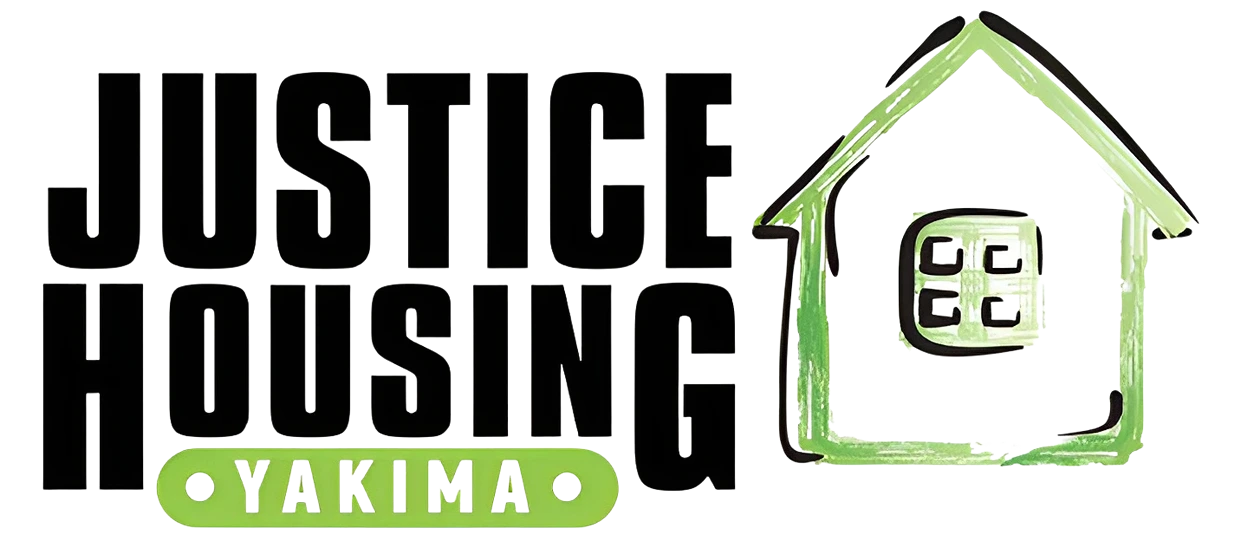Justice Housing Yakima
FAQs
According to the National Alliance to End Homelessness, March 2021: Permanent supportive housing is an intervention that combines affordable housing with voluntary support services to address the needs of chronically homeless people. The services are designed to build independent living and tenancy skills and connect people with community-based health care, treatment, and employment services.
Permanent Supportive Housing follows the Housing First model and is based on the principle that stable housing is the foundation for addressing other challenges, rather than requiring people to resolve issues before being housed. Permanent Supportive Housing provides safe, decent and stable homes for people experiencing chronic homelessness and suffering from disabilities and complex needs. Not to be confused with shelters or transitional housing, there is no time limit on how long someone can stay in Permanent Supportive Housing. Residents sign a lease and have the same rights, responsibilities and obligations as other renters. As long as residents meet the basic obligations of tenancy (paying rent, adhering to the lease, following codes of conduct, etc.), their home is permanent. Once housed, residents engage in wraparound, supportive services, such as case management, mental health care, substance use disorder treatment, medical care, employment support and more. This support assists with independent living and prevents a return to homelessness.
Homelessness is costly for taxpayers. Chronically homeless individuals often rapidly cycle through various public services and disproportionately use emergency services, law enforcement, fire and rescue units, emergency rooms, detox programs, jails, judicial systems, shelters and more at a great cost to taxpayers. As a cost-effective and socially responsible solution, Permanent Supportive Housing lessens the strain on already overburdened public systems and provides housing stability to individuals as they seek to gain strength and control in other areas of their lives. It is an evidence-based, fiscally responsible proven model that is supported by data, backed by research and has a consistently positive track record. The cost of serving a person in Permanent Supportive Housing is half the cost of a shelter, a quarter the cost of being in prison and a tenth the cost of a state psychiatric hospital bed. It is also a less expensive solution that criminalizing homelessness. Most importantly, Permanent Supportive Housing prevents a return to homelessness.
Investments in permanent supportive housing have helped decrease the number of chronically homeless individuals nationally by eight percent since 2007. In addition to ending homelessness for people who are chronically homeless, research has demonstrated that permanent supportive housing can also increase housing stability and improve health.
A cost-effective solution, permanent supportive housing has been shown to lower public costs associated with the use of crisis services such as shelters, hospitals, jails, and prisons.
Cottage Hill Place FAQs
Funding for development came from Washington State Department of Commerce Housing and Trust Fund, Washington State Department of Commerce Apple Health and Homes Capacity Building Grant, Washington State Department of Commerce Connecting Housing to Infrastructure Program, Enterprise Community Partners, Yakima Valley Community Foundation, Apple Valley Kiwanis, Yakima Federal Savings and Loan and many other generous organizations, businesses and individual donors.
Justice Housing Yakima owns Cottage Hill Place. Sunrise Outreach Center oversees operations and maintenance. Yakima Neighborhood Health Services provides case managers.
No. Concerns around Permanent Supportive Housing programs are based on emotional fear rather than facts. A 2007 study titled, "The Impact of Supportive Housing on Surrounding Neighborhoods,” showed that small-quantity Permanent Supportive Housing developments have no impact on neighborhood crime.
A full-time property manager resides onsite to assist with questions and concerns.
If you are experiencing homelessness, or at risk of homelessness, click here. (link to Coordinated Entry flyer)
Eligibility FAQs
Cottage Hill Place residents are referred through the Yakima County Coordinated Entry system. Coordinated Entry is a federally required process under HUD’s Continuum of Care program. Its purpose is to ensure that housing resources – such as Permanent Supportive Housing – are allocated fairly, efficiently and to those who need them most. People experiencing homelessness are connected to Coordinated Entry through access points. Once in the system, trained staff use a standardized tool to evaluate vulnerability, health, barriers, length of homelessness, disabilities, safety and housing needs. When a Permanent Supportive Housing unit becomes available, the Coordinated Entry system matches it with the highest-priority eligible person on the list. Case managers then help the person through the lease-up and move-in process.
